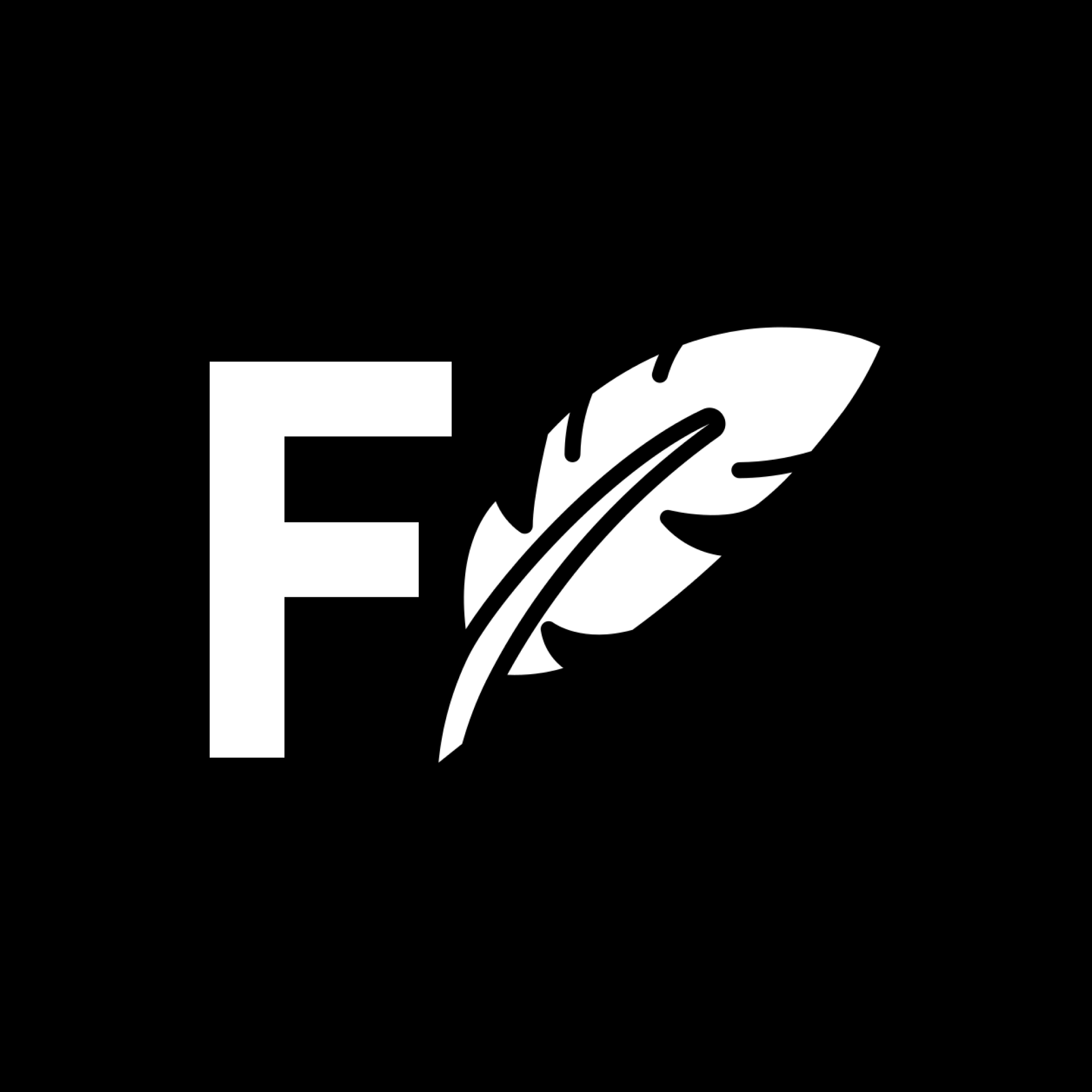The World Bank has approved three new projects in Nigeria totaling $1.57 billion in financing.
According to a statement issued by World Bank Nigeria on Monday, this new funding will help the country address governance challenges in education and healthcare, improve primary healthcare services, and increase climate resilience through improved dam safety and irrigation infrastructure.
The approval, which was granted on September 26, 2024, demonstrates the World Bank’s commitment to strengthening Nigeria’s human capital and increasing resilience in the face of climate threats.
A breakdown of approved projects.
- The $1.57 billion funding is divided among three major projects. The first, the HOPE-GOV initiative, will receive $500 million to improve governance in education and health. This program is designed to address underlying issues in financial and human resource management that have hindered service delivery. The goal is to increase transparency and accountability while also ensuring that critical services like basic education and primary healthcare reach the most vulnerable people.
- Another $570 million is set aside for the Primary Healthcare Provision Strengthening Program (HOPE-PHC). This initiative is critical to improving Nigeria’s healthcare system, especially for women, children, and adolescents. The program aims to reduce maternal and under-five mortality rates while also strengthening Nigeria’s health infrastructure.
- The HOPE-PHC project will provide high-quality reproductive, maternal, newborn, child, and adolescent health services. The program is expected to benefit 40 million Nigerians, particularly those living in underserved areas. The initiative is supported by a $500 million International Development Association (IDA) credit and an additional $70 million grant from the Global Financing Facility (GFF), which includes contributions from the UK Foreign, Commonwealth, and Development Office (FCDO) and the Children’s Investment Foundation Fund (CIFF). These funds will help to close funding gaps in primary healthcare while also encouraging long-term financing for family planning initiatives.
- The remaining $500 million will go toward the Sustainable Power and Irrigation for Nigeria Project (SPIN), which aims to protect Nigeria from climate-related challenges like floods and droughts. The SPIN program will benefit approximately 950,000 people, including farmers and livestock breeders, by improving dam safety measures, managing water resources better, and expanding irrigation services.
- The project will improve Nigeria’s agricultural productivity by implementing more reliable and efficient irrigation systems. Furthermore, the SPIN project includes plans to create a master plan for hydropower generation, with a focus on increasing energy production through public-private partnerships.
New financing to address Nigerians’ challenges
Dr. Ndiamé Diop, World Bank Country Director for Nigeria, emphasized in his statement that investing in Nigerians’ health and education is critical for improving future employment opportunities, productivity, and poverty reduction.

